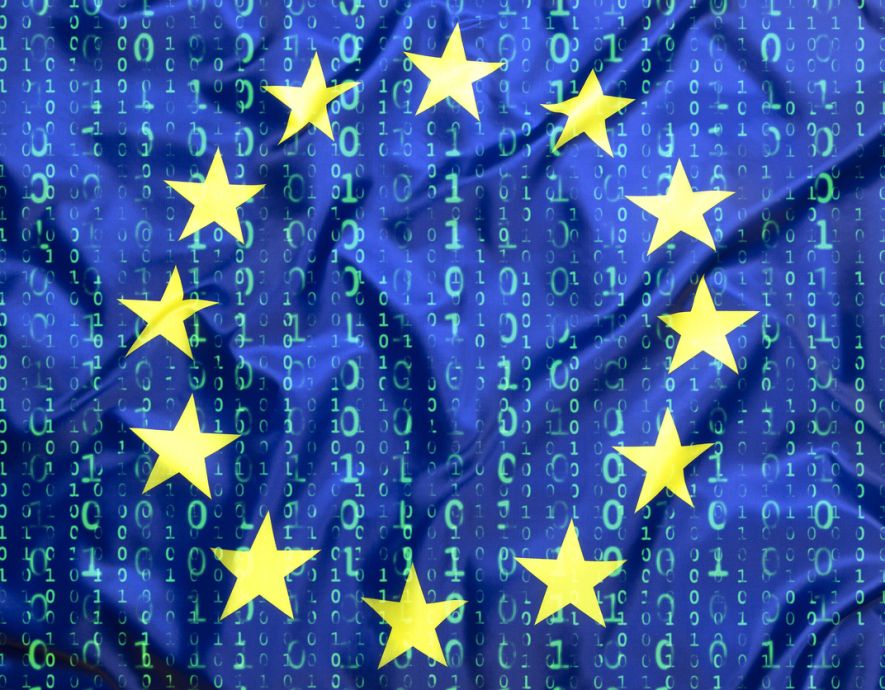![[NANO Corp] Fanch Francis: “To build a European champion, you have to look for customers and investors in Europe from the outset.”](https://incyber.org//wp-content/uploads/2024/03/adobestock-749446930-1-1920x735.jpeg)
- Home
- Digital Sovereignty
- NANO Corp Fanch Francis: “To build a European champion, you have to look for customers and investors in Europe from the outset.”
NANO Corp Fanch Francis: “To build a European champion, you have to look for customers and investors in Europe from the outset.”


For the co-founder and director of NANO Corp, a French company specialising in deep observability, a European champion in this field can only be built by facing up to the realities on the ground beyond national borders
How did Nano Corp come into being?
Fanch Francis: Nano Corp is built on the experience of its founders. Four of the five founders have impressive track records in the Ministry of Defence, where they worked on non-collaborative networks. Over the years, we noticed a disconnect between what was happening in the real world with networks and the solutions available on the market to ensure their observability.
To address national security concerns, it became essential to design a probe suited to the networks of both today and tomorrow, with a strong focus on R&D. It had to be able to support 100 Gbit/s and all multiples of this, be 100% software-based and handle all protocols at all layers. We created NANO Corp in 2019 and filed two patents. We are the European challenger in end-to-end and edge-to-cloud observability, in a market dominated by American companies.
How are you positioning your solution?
Fanch Francis: Our solution falls within what is known as deep observability. This means that our NDR solution fits into the zero trust framework. Originally, zero trust was based on identity control, but today the concept goes further and applies to all security concepts. We apply it to network observability at both the application and transport layers, which can also be attack vectors. We also believe that monitoring by sampling is not enough. Which is why we have provided the means to monitor all packets, whatever the infrastructure, throughput or type of activity.
Another aspect that sets us apart from other European solutions is that the NANO Corp’s is the only one not to use an open source engine. It was essential for us to develop our own engine, like the American and Israeli providers, to achieve the highest levels of performance and flexibility so that it could be deployed on absolutely any type of infrastructure, on prem or in the cloud.
What is your business model?
Fanch Francis: Unlike most of our competitors, who sell specific hardware probes, NANO Corp’s model is strictly software-based. Our probe licences are free, which means that our customers can deploy as many probes as they need to cover their entire information system, including secondary points that are just as exposed to attacks as so-called strategic points. This is our vision of deep observability, and we believe it should be shared by everyone.
Who are your first customers?
Fanch Francis: One of our main customers, F5, is an American Internet Service Provider (ISP), for whom Distributed Denial-of-Service (DDoS) detection is a critical issue. We are also the first European Network Detection and Response (NDR) solution to be deployed on an American hyperscaler, in this case AWS.
How are you addressing sovereignty issues?
Fanch Francis: Our approach is a pragmatic one. There is clearly a huge positioning challenge today for European champions in the observability space and when it comes to addressing sovereignty issues. But in the meantime, 70% of European business is with American hyperscalers. The reality of the situation meant that we decided to focus our observability solution on these American firms, rather than restricting ourselves to European ones, so that European companies would have access to a European observability solution, even on US-based infrastructure.
How do you build a European observability champion?
Fanch Francis: If you want to build a European champion, you obviously need to focus on the domestic market, but more importantly, you also need to target customers and investors outside France.
We think that cybersecurity companies in France are making a mistake in thinking that the domestic market is big enough. In France, we are stubbornly trying to build companies that depend mainly on government orders and orders from major corporations. But once they reach critical mass, these companies realise that they are not as well placed to compete in an obviously more attractive, and even protected, environment outside France.
The other reason why we decided to target a market other than France is that our international contacts are more interested in innovative solutions, even if they are at the Minimum Viable Product (MVP) stage. French customers, on the other hand, expect a finished, packaged, marketed product before they will gauge the technical and innovative value of the proposed solution.
The quality of funding for a company like ours is a key factor in its success. Bpifrance has given us a great deal of support, as have the French investors who believed in our project from 2020 and made it a reality. We knew that we would soon have to move out of this comfort zone and approach investors in the international ecosystem.
We have completed our first round of financing with French VCs and are now completing a round with European VCs, particularly from Italy and Germany, which will give us the resources we need to open up to international markets, including in response to calls for tender where regulatory constraints may be less onerous than in our own country.
the newsletter
the newsletter


